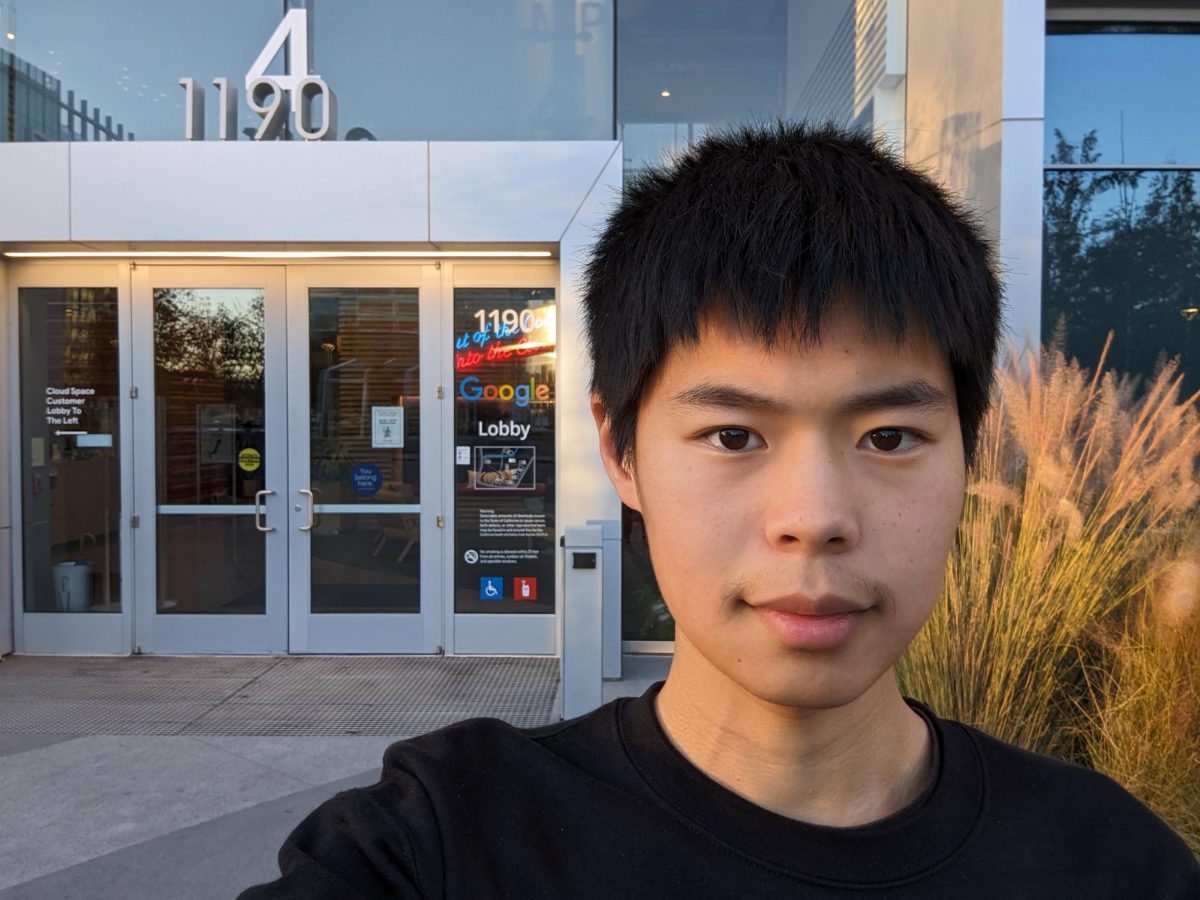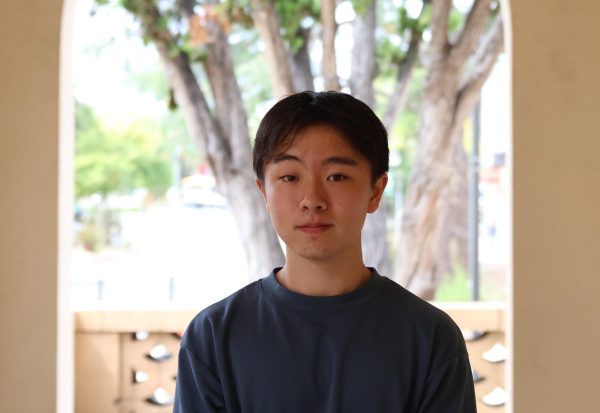When 2023 Gunn graduate Stanley Zhong got rejected by 16 colleges, he never anticipated his story would resonate with so many people. Zhong boasted a 4.42 weighted GPA, won global coding competitions and even founded a tech start-up his sophomore year. However, he was denied admission to nearly all the schools he applied to. However, Zhong received an invitation to work at Google as a software development engineer shortly after his college decisions were released.
Zhong, who wants to study Computer Science in college, said he had three main extracurricular activities: managing his start-up, Rabbit-Sign, co-founding the nonprofit programming organization OpenBrackets and leading the Competitive Programming club at Gunn.
Zhong was rejected by: Cal Poly San Luis Obispo, Caltech, Carnegie Mellon, Cornell University, Georgia Tech, MIT, Stanford, UC Berkeley, UC Davis, UCLA, UCSD, UCSB, University of Illinois, University of Michigan, University of Washington and University of Wisconsin.
Zhong was accepted by: University of Texas and University of Maryland.
Zhong said the college application process was mystifying because while he exceeded the standards for many colleges, he was rejected by most of them. For example, he was denied admission to the University of Illinois, where, according to the First-Year Class Profile of Illinois, 50% of first-year students have a 1400-1530 SAT and a 3.7–4.0 GPA average — Zhong had a 1590 SAT and a 3.98 unweighted GPA.
Paly College and Career Info Specialist Janet Cochrane said many students feel pressured due to the limited number of spots in hyper-competitive universities.
“(There’s a) misperception that students won’t get into a ‘good’ college if they don’t get straight A’s, have lots of extracurricular activities or invent something,” Cochrane said. “Learn about colleges that aren’t uber super selective that can still meet your needs and your ability to be happy and successful in life.”
Zhong said his stress levels increased after receiving rejections without feedback as he was not sure what factors led to his rejection.
“It’s kind of hard to figure out what exactly I would have done differently,” Zhong said. “College admissions is a very black box process.”
The recent 2023 U.S. Supreme Court case SFFA v. Harvard ruled that race-based admissions are unconstitutional and violate the Equal Protection Clause of the 14th Amendment. Although many view this decision as a step towards a fairer college admissions process, others are disappointed because enforcing these regulations are difficult.
During a House Committee on Education and Workforce hearing on Sep. 29, Co-president of the Asian American Coalition for Education Mike Zhao brought up Zhong’s case in his testimony.
“(Zhong) was hired directly from high school by Google but rejected by 16 of America’s top schools,” Zhao said in his testimony. “But it is appalling for the colleges to ignore this kind of talent. I hope the U.S. Congress will support his equal treatment.”
According to ABC News, Nan Zhong, Stanley’s father and software engineer at Google, introduced programming to his son during his youth. The younger Zhong later demonstrated his proficiency in various global coding competitions, including Google Code Jam.
Zhong said he also built a connection with Amazon employees through a collaborative effort to publish a case study about his e-signing start-up, RabbitSign. Zhong said this collaboration prompted his decision to apply for many other tech companies, including Google.
“While you’re preparing for job interviews, you might as well get as many connections as you can,” Zhong said. “So I thought, okay, I’ll apply for Google as well (as) a few other companies. And Google ended up being the one that I picked.”
Since his employment at Google, Zhong’s story has gained national attention.
“So far, (the experience) has been overwhelmingly positive, and everyone (at Google) has been super supportive,” Zhong said.
Zhong said his current plan is to view 2023-24 as a gap year and decide afterward whether to attend the University of Texas in the fall of 2024 or continue working at Google.
“If I like working at Google, and I feel like that’s something that I want to continue with, I’ll stick with that,” Zhong said. “If after a year, I’m really missing a lot from not going to college, I’ll go to UT.”



Jane Wong • Feb 24, 2025 at 10:53 pm
Did his dad help him get a job a Google? He is a manager there…also, how many Asians from his school got accepted by these same colleges?